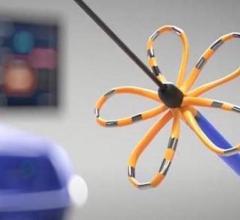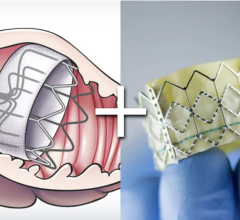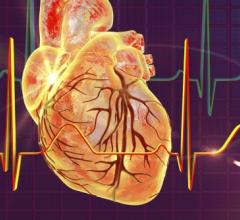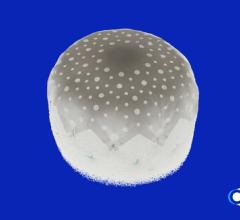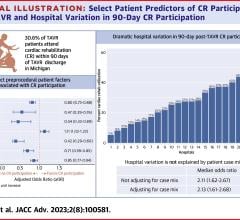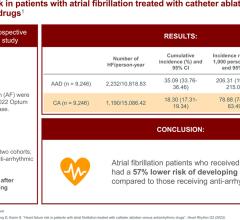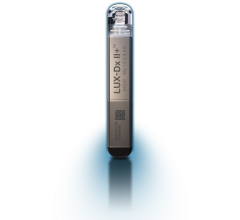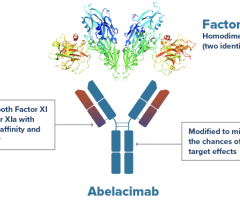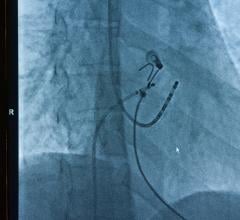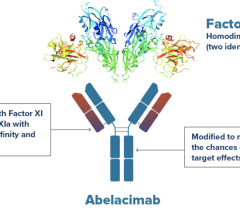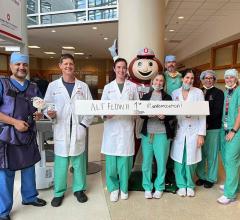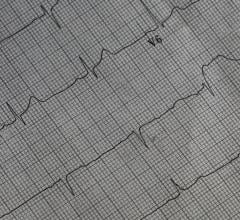November 10, 2023 — Cardiologists, cardiothoracic surgeons and interventionalists from the Smidt Heart Institute at ...
Atrial Fibrillation
This channel includes news and new technology innovations for the treatment of atrial fibrillation, also referred to as AF or afib. AF is a cardiac arrhythmia caused by irregular and often rapid heart rate. It is caused by the upper chambers (the atria) beating irregularly and uncoordinated with the lower ventricle chambers of of the heart. Symptoms include weakness with heart palpitations and shortness of breath. The conditional can lead to an increased risk of stroke and heart failure. AF episodes can cause the blood in the atria to stagnate and form clots, usually within the left atrial appendage (LAA). The clots can flow to the brain and cause a stroke. Treatments include anticoagulation therapy to dissolve clots, catheter or surgical ablation and LAA occlusion.
November 6, 2023 — Atrial fibrillation (AF) diagnosis was associated with a 45% increased risk of mild cognitive ...
In the United States, the options currently available for cardiac ablation use thermal mechanisms to ablate tissue and ...
When performing radiofrequency (RF) ablation to treat cardiac arrhythmia, medical professionals must balance the safety ...
October 25, 2023 — Findings from a trial led by Cleveland Clinic show that patients with atrial fibrillation undergoing ...
October 23, 2023 — Investigators from the Smidt Heart Institute at Cedars-Sinai found that an artificial intelligence (A ...
October 19, 2023 — Conformal Medical, Inc. announced today the one-year results from the company's CONFORMAL Early ...
For over a decade, the cardiac cryoablation industry has seen little in the way of technological advancements. Yet ...
October 9, 2023 — The vast majority of people who have a minimally invasive heart valve replacement procedure do not ...
October 6, 2023 — Biosense Webster, Inc., a global leader in cardiac arrhythmia treatment and part of Johnson & Johnson ...
October 3, 2023 -- Boston Scientific launched the LUX-Dx II+ Insertable Cardiac Monitor (ICM) System, a next-generation ...
In the United States, the options currently available for cardiac ablation use thermal mechanisms to ablate tissue and ...
September 26, 2023 — Anthos Therapeutics, Inc., a clinical stage company developing innovative therapies for ...
September 18, 2023 — Pregnant women with a history of substance abuse face a dramatically increased risk of death from ...
September 18, 2023 — Biosense Webster, Inc., a global leader in cardiac arrhythmia treatment and part of Johnson & ...
When the patients of Michael Boler, M.D. need cardiac monitoring, the Holter monitor is no longer his first choice. “The ...
September 18, 2023 — Anthos Therapeutics, Inc., a clinical stage company developing innovative therapies for cardiovascu ...
September 5, 2023 — The Ohio State University Wexner Medical Center randomized the first patient in the world in a ...
August 31, 2023 — Atrial fibrillation ablation is associated with lower rates of death, urgent heart transplantation or ...


 November 10, 2023
November 10, 2023

